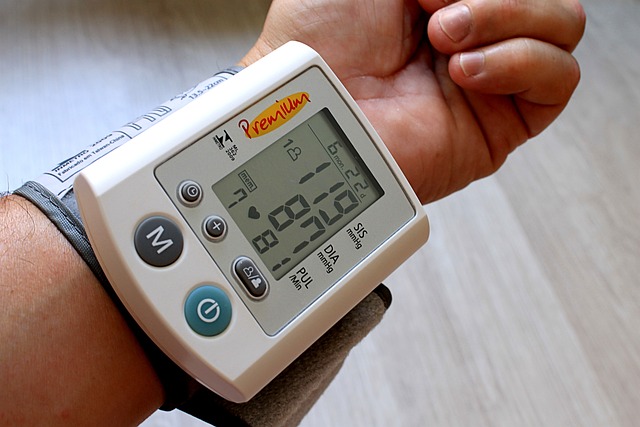In the UK, the Diabetes Blood Test is a versatile screening tool for detecting hormonal imbalances in men, including those related to testosterone. This routine checkup identifies conditions like diabetes and hypogonadism by measuring blood sugar levels. Integrating this test into healthcare allows for early detection of hormonal issues, enabling timely interventions and personalized management strategies for men's health.
“Unraveling the mysteries of male health begins with understanding testosterone—the key hormone driving various physiological processes. For many, testosterone level testing has become a pivotal tool in diagnostic practices, especially with the advent of advanced blood tests like the UK Diabetes Blood Test. This comprehensive guide explores how these tests assess hormonal imbalances, offering insights into their process and benefits for men’s health management.”
- Understanding Testosterone and Its Role in Male Health
- UK Diabetes Blood Test: A Tool for Diagnosing Hormonal Imbalances
- The Process and Benefits of Testosterone Level Testing
Understanding Testosterone and Its Role in Male Health
Testosterone is a hormone that plays a vital role in male health and development, often referred to as the ‘master hormone’. It is responsible for various physiological functions, including muscle mass and strength development, bone density maintenance, red blood cell production, libido, and overall sexual health. In the UK, awareness of testosterone’s importance has grown, leading to an increased focus on diabetes blood tests and other health assessments.
This hormone is produced primarily in the testicles and plays a significant part in defining male characteristics. However, as men age, testosterone levels can naturally decrease, leading to potential health issues such as low energy, muscle mass loss, and changes in sexual function. A UK Diabetes Blood Test may not only help diagnose diabetes but also provide insights into overall hormonal health, including testosterone levels, allowing for early intervention and improved quality of life for male patients.
UK Diabetes Blood Test: A Tool for Diagnosing Hormonal Imbalances
In the UK, the Diabetes Blood Test serves as a powerful tool for diagnosing hormonal imbalances in men. This routine checkup measures blood sugar levels and provides valuable insights into overall health, including potential issues related to testosterone. A simple blood draw can detect not only diabetes but also conditions like hypogonadism, where the body produces insufficient testosterone.
By incorporating the UK Diabetes Blood Test as a screening method, healthcare professionals can identify hormonal imbalances early on. This proactive approach allows for timely interventions and management strategies, ensuring men receive the appropriate care for their specific health needs.
The Process and Benefits of Testosterone Level Testing
Testosterone level testing is a straightforward process that involves taking a blood sample, usually from a vein in your arm. This procedure is often recommended as part of a comprehensive health check for men, especially those experiencing symptoms associated with low testosterone levels. The sample is then sent to a lab for analysis, where specialized tests measure the concentration of testosterone present in your blood.
The benefits of this testing are significant, particularly for individuals in the UK who may be at risk of or exhibiting signs of various health issues related to testosterone deficiency. Early detection through this test can lead to more effective treatment and management of conditions like hypogonadism, which is characterized by low testosterone production. Additionally, it aids in differentiating between medical causes of low testosterone, such as diabetes, obesity, or thyroid disorders, enabling tailored interventions for improved overall health and well-being.
Testosterone level testing, made accessible through the UK Diabetes Blood Test, plays a pivotal role in diagnosing and managing male health issues. By understanding testosterone’s crucial function in male well-being and leveraging this simple blood test, healthcare professionals can identify hormonal imbalances early on. This proactive approach enables effective treatment strategies to enhance quality of life for men facing various challenges, making it an invaluable tool in modern healthcare.
